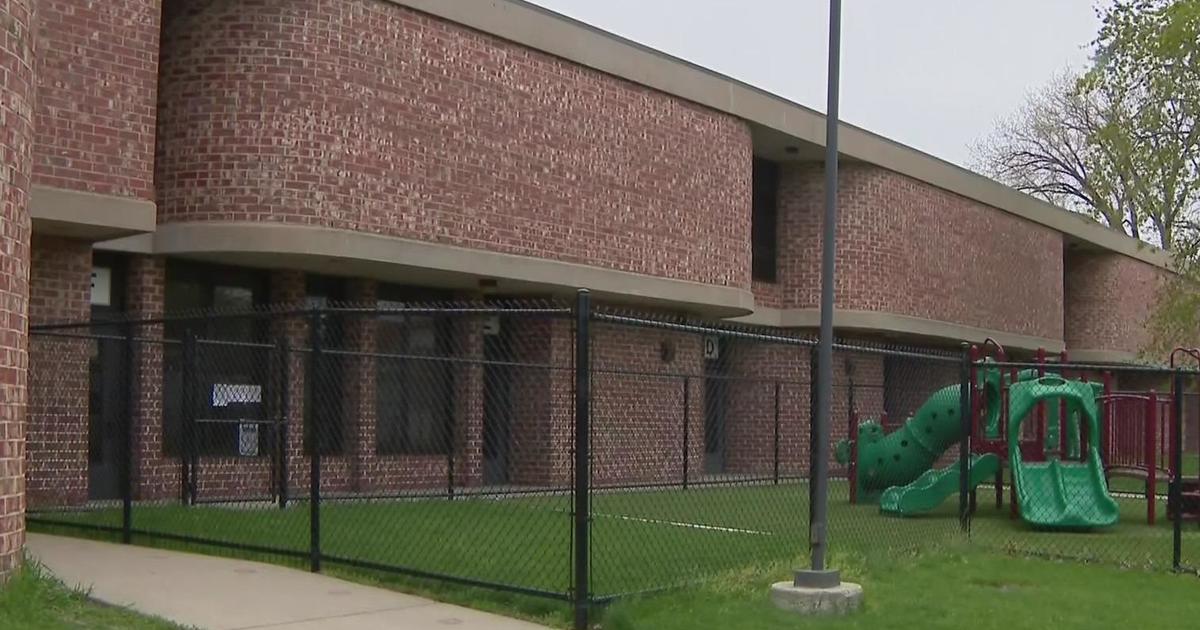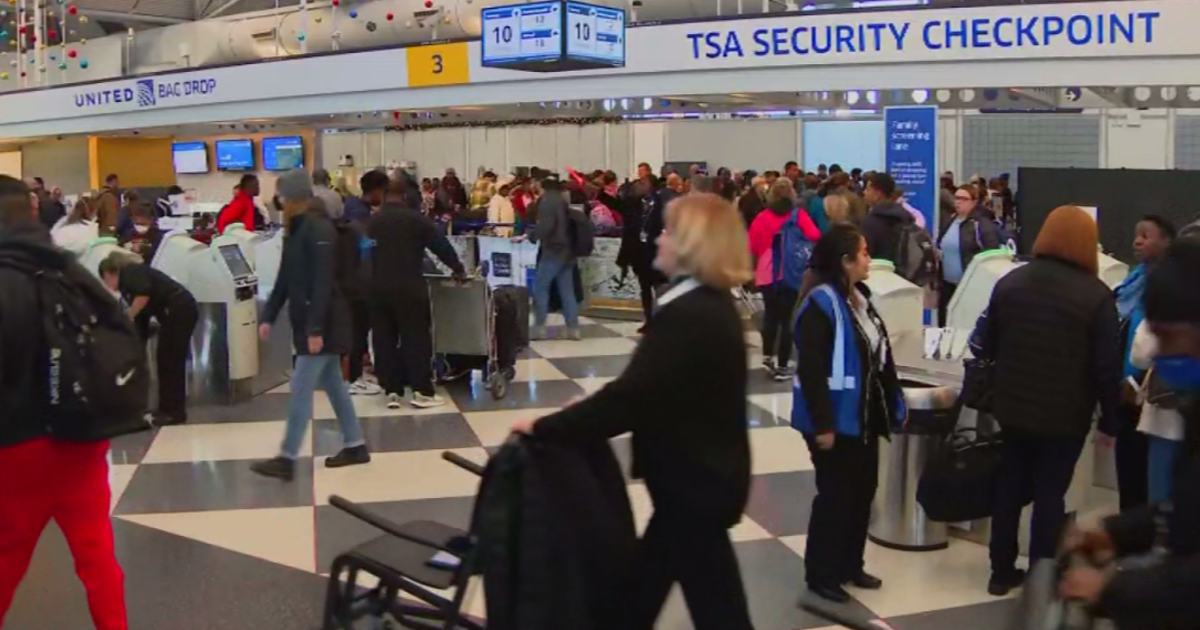No More Money Down The Drain
CHICAGO (STMW) -- It cost taxpayers almost $2.4 million when nearly 80 Metropolitan Water Reclamation District of Greater Chicago employees quit late last year rather than lose some accrued financial benefits.
Policy changes that took affect Jan. 1 drastically reduces sick-time payouts for longtime employees and eliminates an archaic program that pays employees a day's wage for every year they work for the district. The total severance payout for the employees also includes more than $290,000 worth of earned vacation time.
But Terry O'Brien, president of the agency's board of commissioners, said the costs can be absorbed by absence of the employees salaries and hiring replacements at a lower wage.
"In the long-term we'll have tremendous saving as we hire back and there will be cost savings if we don't replace all the positions," O'Brien said.
The district is responsible for treating wastewater for Chicago and many of the suburbs.
The policy changes were announced in the fall. Between Oct. 1 and Dec. 31, 2010 the district saw 78 employees leave due to the changes, officials at the agency said. According to personnel data received by the Daily Herald through a Freedom of Information Act request, the salaries of the 78 employees amounted to $8.1 million. The records show that almost a third of the employees who left made six-figure salaries. The highest paid was longtime Executive Director Richard Lanyon who was making $254,797 a year when he left. The lowest salary belonged to a 22-year "senior office support specialist" who was making $52,163 when she left.
The exodus also cost the district 2,209 years of experience. Eleven of the employees who left had 40 or more years of experience at the agency.
"That is not something you can discount," said Savvas Koktzoglou, a 13-year engineering veteran of the district who lives in Arlington Heights. "It is a loss, all these years of experience and that's not good for the taxpayer because you can't replace these people easily."
Meanwhile, some employees have sued the district to keep their jobs and those benefits as well. O'Brien said about 20 to 30 employees remain with the district who are part of the suit. He wouldn't discuss the legal wranglings further.
O'Brien said he actually expected more employees to leave due to the policy changes. The district employs more than 2,000 people. It's not the first time the district has seen a massive purge of experience either, he noted. In 1995, the district saw 128 employees retire.
"Some were department heads too and we didn't miss a beat in terms of what we're supposed to be dealing with," O'Brien said.
Sick time accrual cost the district the most at $1.2 million. The policy that allows employees to earn a day's pay for every year they work at the agency maxes out at 30 years. That policy cost the district more than $860,000 in payouts.
"Unfortunately the district was maintaining an unreasonable and economically illogical severance program," said Laurence Msall, president of the Civic Federation, a nonpartisan government finance watchdog organization. "We think what they did was appropriate. This is a straightforward way to go about it, even though it was a significant charge."
Sam Passalacqua of Arlington Heights worked in the district's printing center for 36 years. At 61, he was years away from retiring, he said.
"They should have given employees the chance to stay instead of giving them no option," Passalacqua said.
He is one of 68 former employees who began collecting their pensions from the district during the last three months of the year, district officials said. Employees are vested after 10 years. Their pension rate starts at 2.2 percent for the first 20 years then goes to 2.4 percent for every year after. Employees hired before 1997 can begin collecting pensions once they turn 50. Employees hired after 1997 have to wait until they're 55. District officials said it takes 35 years with the district to get to the maximum 80 percent pension payout.
O'Brien said the policy change was necessary to confront financial shortfalls at the district, even though he acknowledged most private industries and government agencies had eliminated such perks long ago.
"When things are good you don't look at things that closely, but when things are tight you do," he said.
© Sun-Times Media Wire Chicago Sun-Times 2011. All Rights Reserved. This material may not be published, broadcast, rewritten, or redistributed



